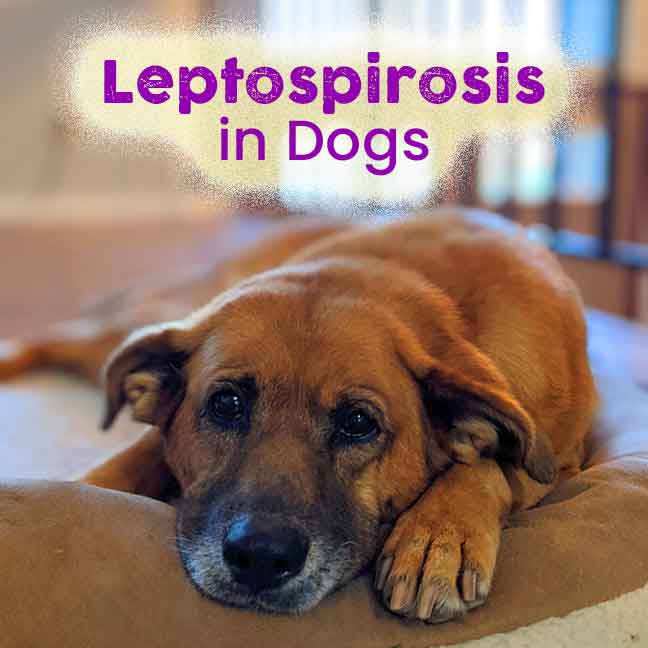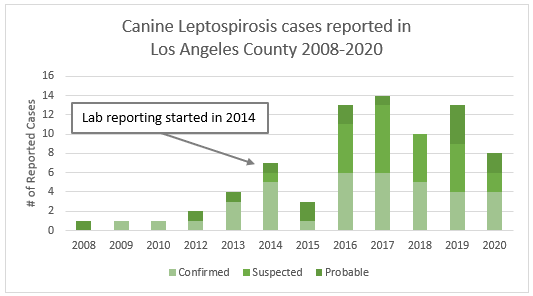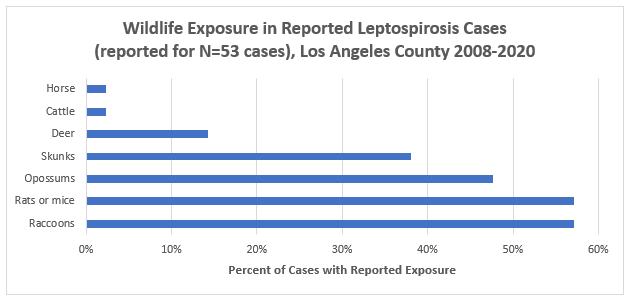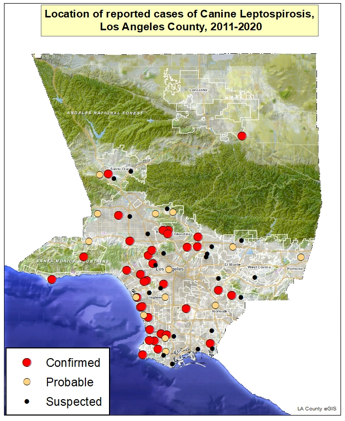As shared by the County of Los Angeles Veterinary Public Health:
What is leptospirosis?
Leptospirosis (lepto) is an infectious disease caused by a bacteria called Leptospira interrogans that lives in water or warm, wet soil. It can cause serious illness in multiple species of mammals, including humans, dogs, rats, mice, raccoons, skunks, opossums, cows, and pigs. Lepto is occasionally diagnosed in dogs in LA County.



